Last year Sunna Margrét released her debut album, but it's been a long career for the entrancing Icelandic artist creating bold pop soundscapes.
Sunna Margrét doesn’t want to be compared to Björk. Yes, they might hail from the same small Nordic country, have a striking elfin look and sing in ethereal tones, but Margrét is entirely her own artist.
“I think it's a lot to do with the accent rather than anything else,” Margrét says from a sideroom at Eurosonic in Groningen, where she played a stand-out set. “Of course, I make experimental pop, so that also puts me in, it's that gives some similarities for sure.”
“Everyone wants to be their own person,” she says, relenting that Björk “paved the way for the rest of us. It’s a great comparison really.” Despite being a relative unknown, going into the international showcase festival, Margrét was the second-most highlighted act by music publications.
At her set – the last before she stops touring for a while – the Dutch crowd are stunned by an immersive cacophony of shimmering electropop. Front and centre is Margrét. She stands with a bass guitar, shyly hiding behind the heft of the instrument.
Once the music starts, it’s clear that any vestige of introversion has yielded to rich vocal melodies and atmospheric textured songs. Taking from her full-length debut album ‘Finger on Tongue’, songs like ‘Come With Me’ provoke with crunchy bass and industrial textures with Margrét’s effortless soprano ringing above. Just as easily, she’ll switch to bassier pitches, like in the spoken sections of ‘Chocolate’.
The whole song is pure atmosphere with swirling krautrock synths over artificial drum sounds. Margrét had created the whole song with a friend before touching the lyrics. That’s when she reached a block. “I couldn't write a melody to it, and that's why I did the spoken word.” Once the verses were done, it was a quick process. “Then came the chorus and it was written in a day,” she says.
Since ‘Finger on Tongue’ came out earlier last year, she’s followed it up quickly with an EP ‘Fern’, all while touring. The three tracks are even more experimental in form but see Margrét find cohesion with her multi-tracked yet singular vocals.
Amid all this textural complexity, it’s no surprise that sometimes songs spend years in gestation. She’s been working on ‘I’ve Been Drinking’, a track from the album, since 2018. There are other songs that she keeps on revisiting since their genesis in 2016. “I work on my music until I feel like it's ready,” she says. “And I allow it to have its flaws. I don't feel like it has to be completely smoothed out and completely perfect and make complete sense.”
She refers back to embracing flaws when we discuss live performance. “It can’t be perfect. That’s the beautiful part. It’s not going to be perfect. And the flaws, sometimes the mistakes are the best parts.”
For a listener, the imperfections are hard to find. It speaks to a confidence that Margrét has adopted since her early introduction to music. Aged just 18, she joined electro-pop band Bloodgroup in 2010. Formed in 2006, their established reputation gave her a taste of big festival stages across Europe. “That was kind of like jumping into the deep end,” she laughs.
Her childhood was an immersion in music. She started playing piano aged six having spent years already on the flute. Then there were school bands, studying jazz and art abroad, creating sound installations, and loving Ella Fitzgerald: “I think she’s maybe my first real influence.”
Margrét’s passion for music stretches across her life, just as her music covers the breadth of life in term. It’s evident in the way her songs gravitate around indescribable moments, nowhere more sharply than in album closer ‘I, Here in Distance’, where she sings hazily of yearning over lullaby percussion.
“The goal is to carry on doing this as long as possible. Because it’s not a given,” Margrét says of her current career. Yet such focus on music wouldn’t be possible without funding. “I’m not earning anything from my music,” she says. The vast majority comes through funding grants from Iceland.
Among festivals like Iceland Airwaves, and funds like Iceland Music, the small island nation punches above its weight in allowing its music scene to flourish. Acts like Sigur Rós, Laufey, and Eurovision darling Daði Freyr are just the tip of the iceberg for the country’s musical output. So while Margrét is distinct from fellow countrywoman Björk, her rise to prominence suggests she could soon join the legend’s status as an experimental pop icon.

 2 days ago
5
2 days ago
5
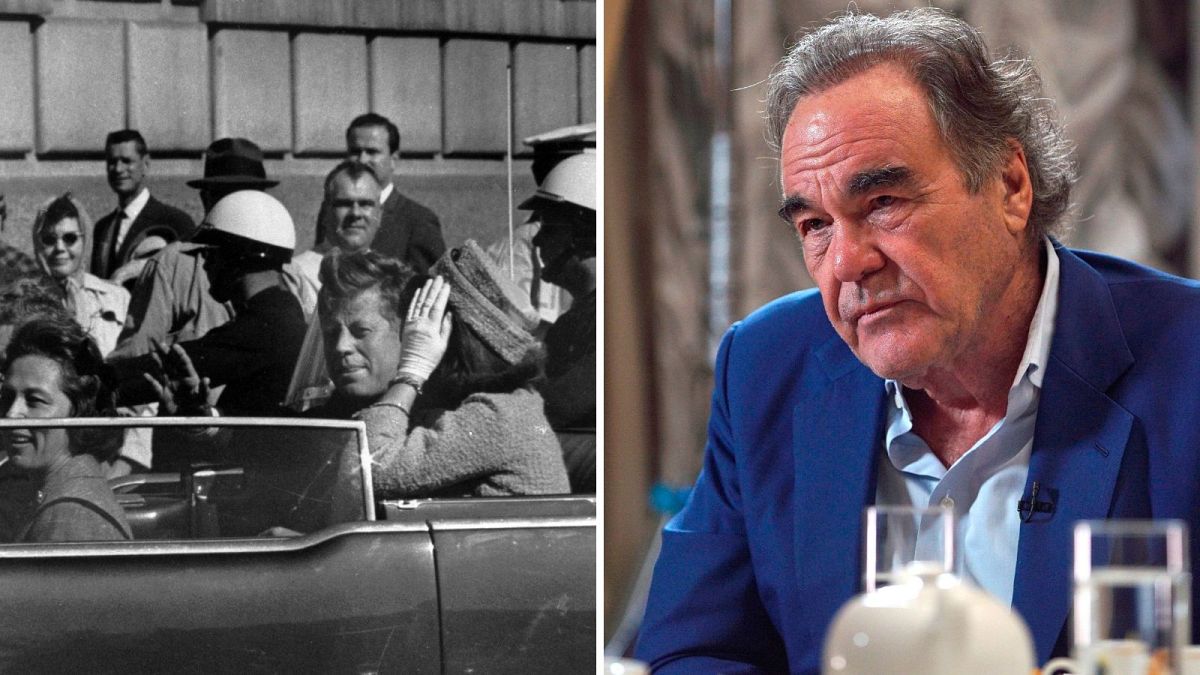
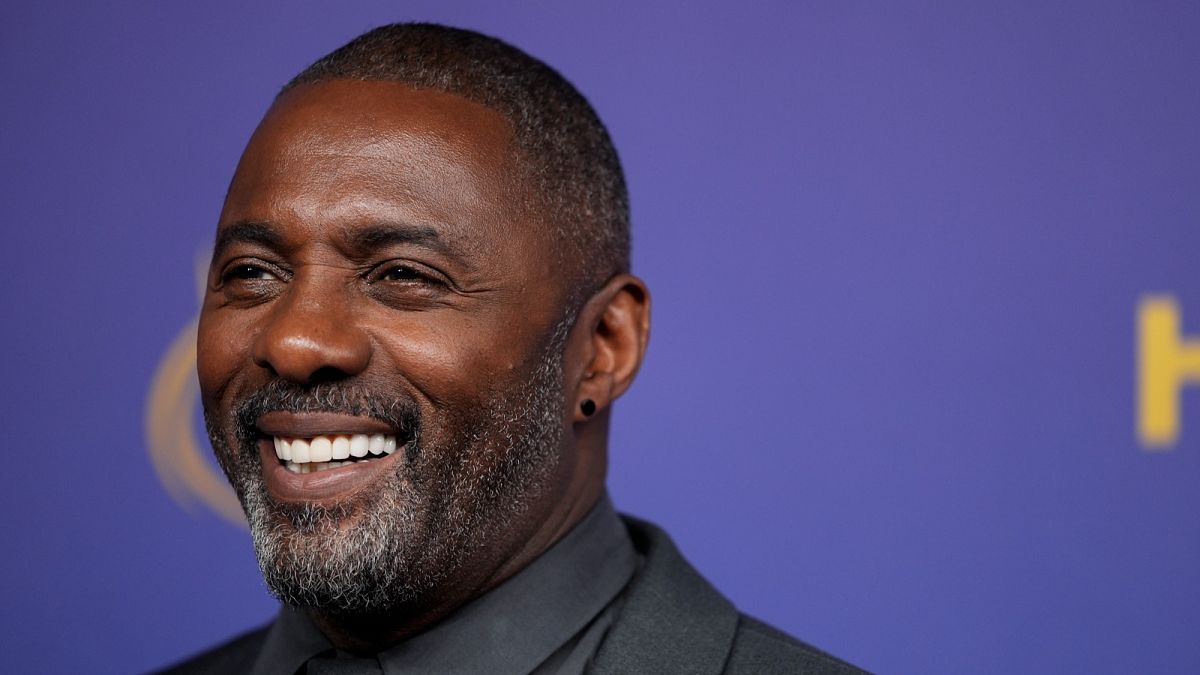
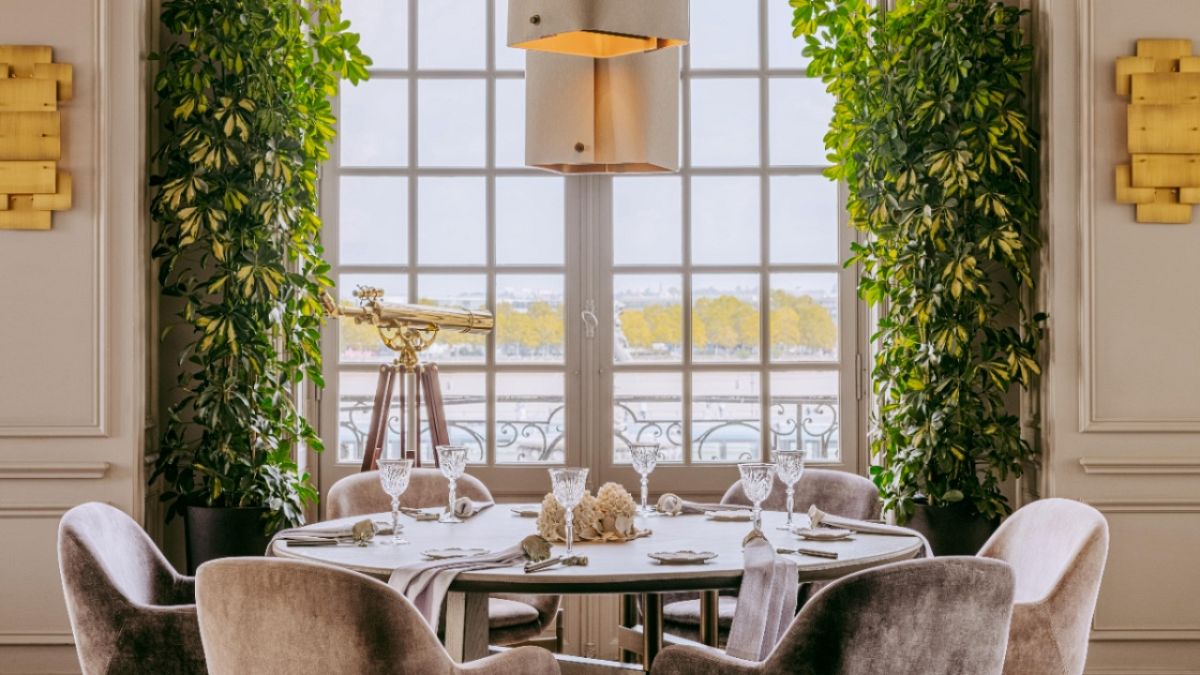
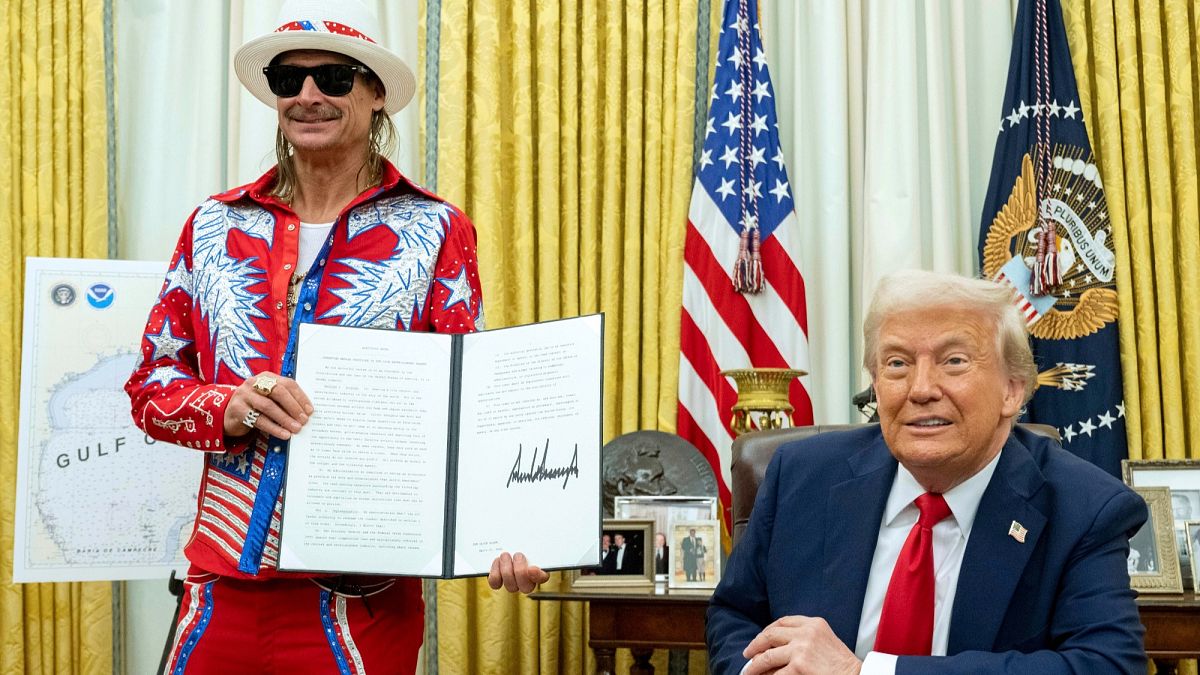

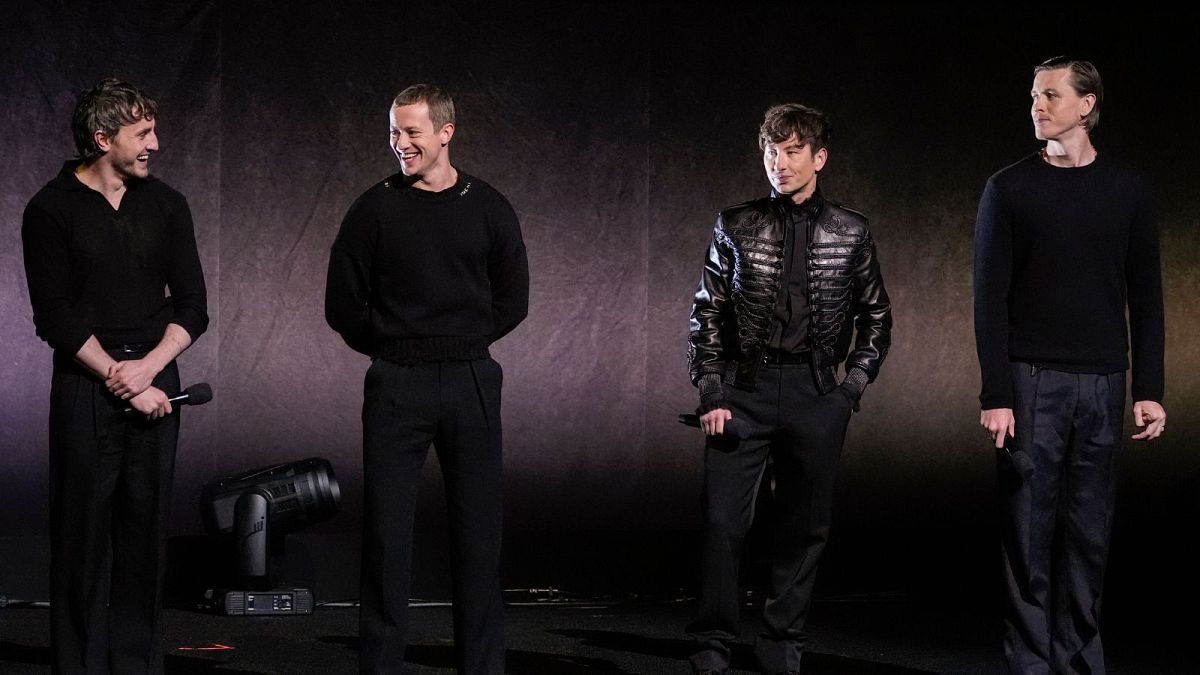
 We deliver critical software at unparalleled value and speed to help your business thrive
We deliver critical software at unparalleled value and speed to help your business thrive






 English (US) ·
English (US) ·